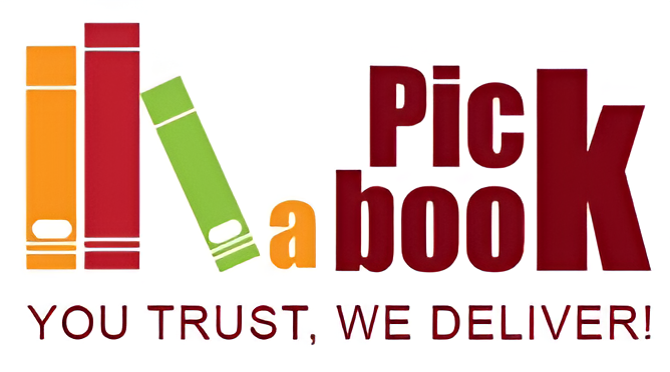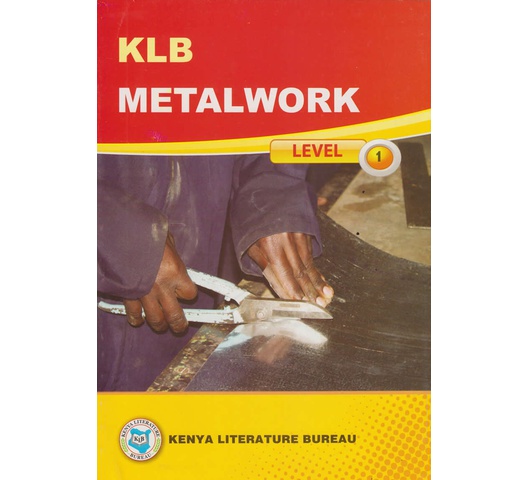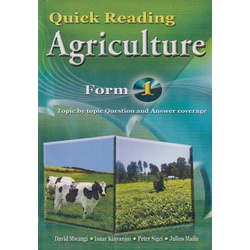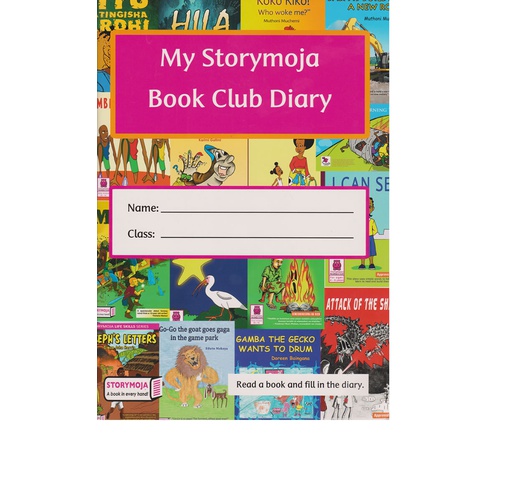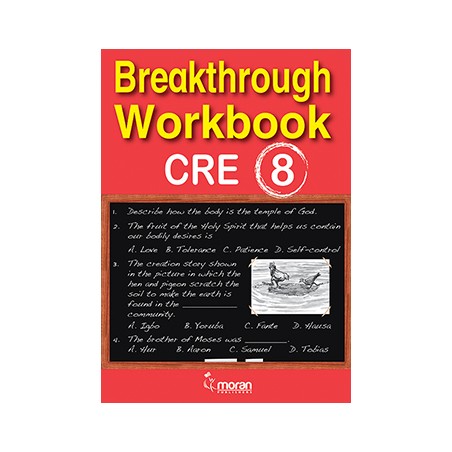-
KLB Metalwork level 1 by KLB
by KLB
This series is suitable for secondary schools and Technical Industrial Vocational Entrepreneurial Training (TI VET) courses. The Books available in this series are as follows: -
Quick Reading Computer Studies Form 1 by S.Mburu,G.Chemwa
by S.Mburu, G.Chemwa
Quick Reading Computer Studies Form 1 is the first in a four-book series that heralds a novel way of revising the subject. The series takes a question-answer approach in a way that learners will find appropriate and effective.Each book in the series: -
Quick Reading Biology Form 1 by Jane macharia,Mary Maina…
by Jane macharia, Mary Maina, James Gitau
Quick Reading Biology Form l is the first in a four book series that heralds a novel way of revising the subject. The series takes on a question and answer approach in a way that learners will find appropriate and effective.Each book in the series:
The books in the series are an invaluable companion and will make mastering and tackling of Biology in the examination easy. The authors are experts in Biology and are classroom teachers and examiners at KCSE level. They have brought their vast experience into play in this book. -
Foundation Home Science Book 1
This is the first book in a new series of Home Science course books.The book covers the new secondary Home Science Syllabus for Form One.
-
Quick Reading Agriculture Form 1 by David Mwangi,Isaac Kinya…
by David Mwangi, Isaac Kinyanjui, Peter Sigei, Julius Mailu
Quick Reading Agriculture Form l is the first in a four hook series that heralds a novel way of revising the subject. The series takes on a question and answer approach in a way that learners will find appropriate and effective.Each book in the series, -
My Storymoja book club diary
If you want to be smarter, more attractive and interesting, read more storybooks. If you want to be more creative so you can become an innovator or entrepreneur one day, read more storybooks. If you want a successful career and contribute to national development in the future, read more storybooks. Fill your diary every time you read. Show your parents or guardian your diary and tell them about what you read. Compare your diary with your friends and celebrate how many books you read. Reading empowers! Reading is cool! Reading is good for you!
READ WITH YOUR CHILD
Enjoy quality time with your child by reading together. Your child will love books for life and learn better if you follow these ten easy steps.
1. Read with your child in a quiet, relaxed setting such as bedtime.
2. Make it fun by reading the whole story with expression. Aim for the enjoyment of the story.
3. The next time you read the story, point to the words as you read.
4. Check for understanding by asking easy questions about the pictures, characters, and story, but please do not turn the session into an examination.
5. Find something to praise. Be positive. Shower your child with praise.
6. Read the same story on many occasions.
7. Over time, encourage your child to try and read the words or story to you.
8. Buy your child a variety of fun books such as picture books, comics, audiobooks and information books.
9. Show interest in what your child reads, ask questions and talk about stories you read in books.
10. Inspire your child to rate books highly. Let your child see you reading your own books. -
Good Neighbours CRE Std 8 by Wanda
by Wanda
Good Neighbours is a course that has been developed following the new Christian Religious Education syllabus (2002). This book is presented in simple and clear language. Activities and memory verses are used at the end of each lesson to reinforce what has been learnt. in addition to this, common real life situations are used as examples and they help bring the lessons being taught to focus. -
Science Matters Std 8 by “Ojwang,KOpiyo”
by “Ojwang, KOpiyo”
Science Matters is a science course that has been deliberately developed with the primary school pupil in mind. The course sets out to gently introduce science as a functional and practical subject.
It draws interesting scientific examples from the pupil’s familiar environment. The experiments and activities that are used to illustrate principles are easy to apply in almost every classroom in Africa. Besides, the pupil friendly approach makes it possible for the pupil to comfortably benefit from the course with minimum guidance from the teacher.
This specific volume has been prepared for use in Standard Eight in Kenyan schools, on the basis of the 2002 syllabus. The authors have many years of experience as teachers and examiners of science in Primary Schools, Secondary Schools and Teacher Training Colleges. They have also been widely involved in curriculum development.
Shop By Categories
- International Curriculum
- Marketplace – Used Books!
- National Curriculum
- TVET/Higher Learning
- Lab Equipment
- General Books
- International Curriculum
- Marketplace – Used Books!
- National Curriculum
- TVET/Higher Learning
- Lab Equipment
- General Books
